Victorian rents surge by up to 42 per cent as rental crisis worsens: PropTrack
More than 40 per cent of suburbs experienced a rent rise of $70 per week in just 12 months — the median rise across Greater Melbourne. See the suburbs that had the biggest rent surges.
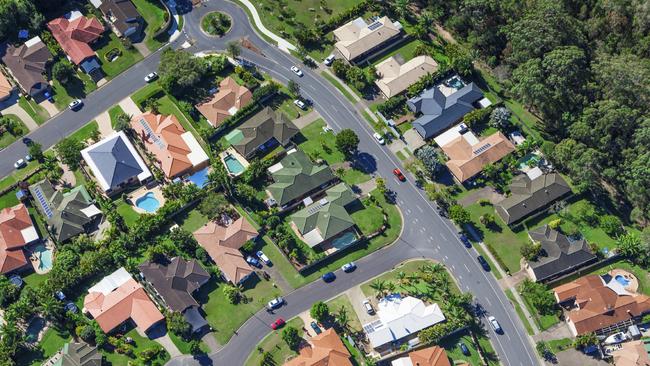
Property
Don't miss out on the headlines from Property. Followed categories will be added to My News.
Melbourne tenants will pay at least $10 a day more than last year to keep a roof over their heads across more than 100 suburbs in 2024.
New data from PropTrack shows that in the past year more than 40 per cent of suburbs experienced a typical rent rise of $70 a week, the median rise across the capital.
It will wipe more than $3600 from tenants’ budgets across the year ahead, exacerbating a cost-of-living nightmare.
It’s the equivalent of having a full-fare Myki ticket cut from renters’ budgets every day.
Median rents for houses have soared the most in the north-west suburb Aberfeldie (42.86 per cent), followed by Kew East (34.86 per cent) and popular secondary school zone suburb McKinnon (29.25 per cent) in the south east.
RELATED: Melbourne’s biggest ChatGPT rental blunders revealed
MAPPED: See where Vic rents could surge up to 43 per cent
Rent crisis won’t be solved by this epic fail
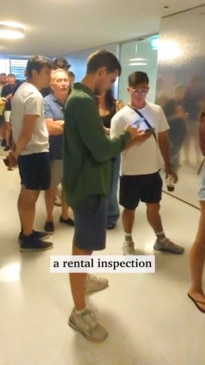
That’s up to an extra $273 a week, or $14,196 a year, some tenants will have to scrounge up to pay their new lease commitments.
More widely, it now costs more than $31,000 a year, or $600 a week, to rent a home in 136 assessed suburbs — enough to buy a new car.
Overall, Melbourne’s $520 a week median rent in January 2024 was $70 (15.6 per cent) higher than a year ago.
PropTrack senior economist Eleanor Creagh said strong net overseas migration, city living resuming since Covid and supply constraints were making conditions “tough” for tenants.
“Properties available to rent remain incredibly low, vacancy rates are close to record lows,” Ms Creagh said.
“We’re also continuing to see a slowdown in the completion of new builds.”
The Australia Bureau of Statistics (ABS) showed building approvals fell by 129 in January, or a further 1 per cent, and has been declining since July 2023.
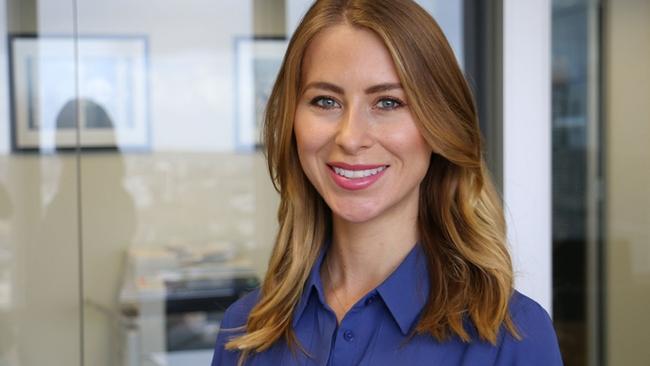
While Ms Creagh said the “silver lining” was that rental prices wouldn’t continue to worsen at the same pace they had in the past couple of years, there wasn’t anything “meaningful on the horizon” to suggest that pressure on tenants was going to ease anytime soon.
“We know that rental markets were made incredibly tight and there’s no kind of release valve with respect to increasing the available pool of long term rentals coming down the pipeline,” she said.
“Investor activity has picked up a bit and average household sizes have also increased a little after falling throughout the pandemic; both those factors can help to ease some of the extreme pressure in tight rental markets.
“Rental markets are probably going to remain tight (and) rental prices are probably going to continue to grow.”
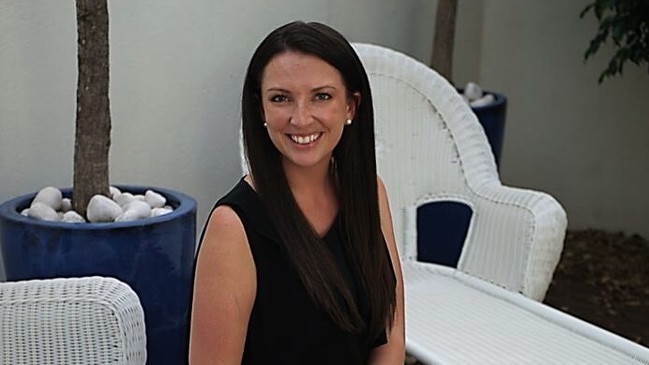
Rental Search Australia co-founder Jade Costello said the company was “much more selective” now as to what clients they took on, only helping those they were 100 per cent certain they could secure a property for amid the rental crisis.
“They (must be) in a position that they have employment secured in Melbourne; so they can actually prove they can afford the rent,” Ms Costello said.
“If they don’t have employment (yet); they have to be in a position that they can show savings of up to six months of rent.
“When we first started our business, we were pretty confident we could take on any client that was looking to secure a rental property.”
She added that units were attractive to almost every renter now including singles, professionals, students, couples and young families.
“Reasonably priced units is where we often see those lines of 40 people plus at the open for inspections,” she said.
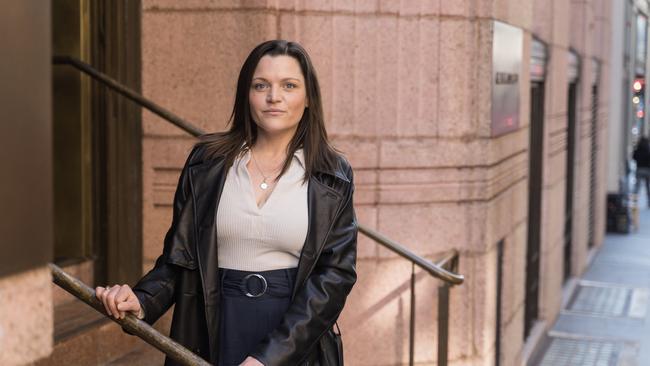
Mozo money expert Rachel Wastell said renters needed to rethink their finances and become “savvy” in other parts of their life in preparation for more rent rises.
“(Tenants in) inner-city areas are feeling the pinch the most; across the board your seeing rents go up,” Ms Wastell said.
“Lower income earners are finding it more difficult to deal with those rises.
“A lot of renters who may have been close to the cusp of saving for a home, that’s being reallocated into their rental budget.”
She said because the population was growing, she didn’t believe rental prices were going to reverse but “hopefully” there would be a slowdown when interest rates were cut.
TOP 10 SUBURBS WITH BIGGEST RENT INCREASES OF PAST YEAR (HOUSE)
Rank - Suburb - January 2023 - January 2024 - YOY (%) - YOY ($)
1. Aberfeldie - $525 - $750 - 42.86% - $225
2. Kew East - $695 - $938 - 34.89% - $243
3. McKinnon - $735 - $950 - 29.25% - $215
4. Box Hill - $500 - $635 - 27% - $135
5. Toorak - $1025 - $1298 - 26.59% - $273
6. Glen Iris - $760 - $950 - 25% - $190
7. Middle Park - $875 - $1090 - 24.57% - $215
8. Montmorency - $485 - $600 - 23.71% - $115
9. Caulfield - $850 - $1050 - 23.53% - $200
10. Surrey Hills - $730 - $900 - 23.29% - $170
TOP 10 SUBURBS WITH BIGGEST RENT INCREASES OF PAST YEAR (UNITS)
Rank - Suburb - January 2023 - January 2024 - YOY (%) - YOY ($)
1. Aberfeldie - $400 - $525 - 31.25% - $125
2. Strathmore - $410 - $520 - 26.83% - $110
3. Beaumaris - $480 - $600 - 25% - $120
4. Blackburn South - $438 - $543 - 24% - $105
5. Ivanhoe East - $430 - $533 - 23.84% - $103
6. Box Hill - $420 $520 - 23.84% - $103
7. Balaclava - $400 - $495 - 23.75% - $95
8. Cremorne - $509 - $625 - 22.79% - $116
9. Travancore - $400 - $90 - 22.5% - $90
10. Balwyn - $450 - $550 - 22.22% - $100
Source: PropTrack

Sign up to the Herald Sun Weekly Real Estate Update. Click here to get the latest Victorian property market news delivered direct to your inbox.
MORE: Kyle Sandilands ‘revolutionary’ money move
Former treasurer says super funds have a “substantial role” in fixing housing crisis
Victorian homelessness inquiry receives government response nearly three years overdue
sarah.petty@news.com.au


